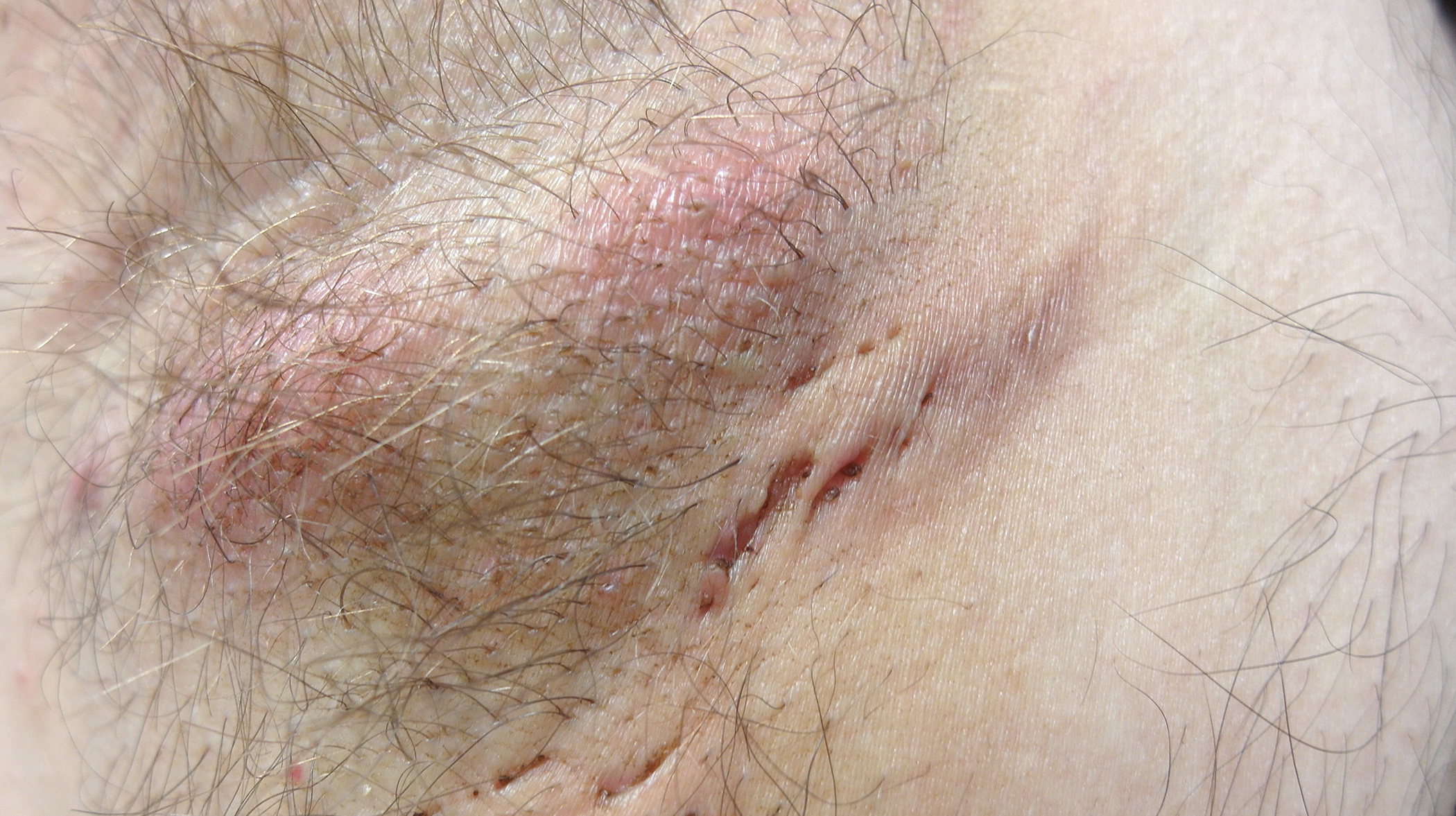Anyone who struggles with a respiratory tract infection during the cold season almost always suffers from an unpleasant cough associated with it. This can be quite persistent, but usually disappears when the cold subsides. However, if you cannot get rid of the cough for weeks and it becomes chronic, conditions such as bronchial asthma and COPD should be clarified.
A 38-year-old never-smoker presented with dry irritable cough that had persisted for 3 weeks. The woman had suffered from hay fever (grass and rye allergy) for many years and in the past weeks had regularly taken walks with her foster dog through meadows and forests. Subjectively, she felt shortness of breath on exertion and had to cough constantly. Pulmonary function showed an FEV1 of 69%, increasing to 87% after bronchospasmolysis. Based on the data, allergic asthma was diagnosed, allergen abstinence was recommended for the woman, and guideline-based asthma step therapy was initiated, reported Prof. Dr. Stephanie Korn, Institute for Clinical Research Pneumology, Mainz (D) [1].
The typical symptoms of bronchial asthma classically include attacks of breathlessness or a feeling of tightness in the chest, even though these symptoms do not necessarily apply to the majority of patients. Some sufferers describe respiratory sounds such as wheezing and whistling. In addition, there are also patients whose asthma manifests itself primarily through coughing. “It’s amazing how many patients we see running from pillar to post with their cough, with a wide variety of tentative diagnoses, without anyone having come up with the idea that the cough could be an expression of inflamed airways in asthma.” Patients with such symptoms often wake up at night with coughing attacks and exhibit the classic irritable bronchial tubes.
Think asthma when coughing without fever
A tip from the pulmonologist to get to the bottom of an unclear cough more quickly: “Ask for a fever!” If a patient presents with a cough but does not have an elevated temperature, this is a first indication to think in the direction of asthma. “Fever is evident in a great many diseases, but in asthma it plays no role.”
Post-infectious cough is characteristically similar to an asthmatic cough. This can last for several weeks after a respiratory infection and can be very unsettling for patients, who feel they cannot get rid of their illness, Prof. Korn explained. However, the cough is a sign of subsiding bronchial inflammation and should be treated with inhaled cortisone for a period of 2-4 weeks. This relieves the discomfort and usually shortens its duration, but the treatment is not able to completely “turn off” the cough.
“AHA effect” indicates COPD
Prof. Korn reported on a 75-year-old man who complained of chronic cough with sputum for about five years. The man reported exertional dyspnea and said he could only walk one flight of stairs before having to stop for shortness of breath. There is no shortness of breath at night and he is not known to have any allergies, but he does suffer from frequent infections. The patient has been a nonsmoker for two years, but previously consumed 1 pack per day (40 PY) for 40 years. Pulmonary function showed severe obstruction with a one-second capacity of only 39%. “Unfortunately, it is not uncommon for us to see patients in initial diagnosis whose lung function is already so compromised. These people endure quite a bit before going to the doctor. Probably also knowing that they have contributed quite a bit to their poor condition by smoking.” The diagnosis of COPD, triggered by many years of nicotine use, was obvious here. Therapy can be quite difficult in COPD patients, “because many of them are also combat smokers,” but initially the pulmonologist recommends a long-acting betamimetic (LABA) and possibly an anticholinergic to achieve maximum bronchodilation.
The three cardinal symptoms of COPD are fondly referred to as the AHA effect, because they include shortness of breath (which usually occurs only after exertion or after an exacerbation in the setting of an infection), cough, and sputum. “Therefore, in a patient over 40 years of age with a cough and smoking history, COPD should always be kept in mind,” the expert advised.
Source: 1st Streamedup! PraxisLive “Chronic Cough,” December 2022.
InFo PNEUMOLOGY & ALLERGOLOGY 2023; 5(1): 37.











